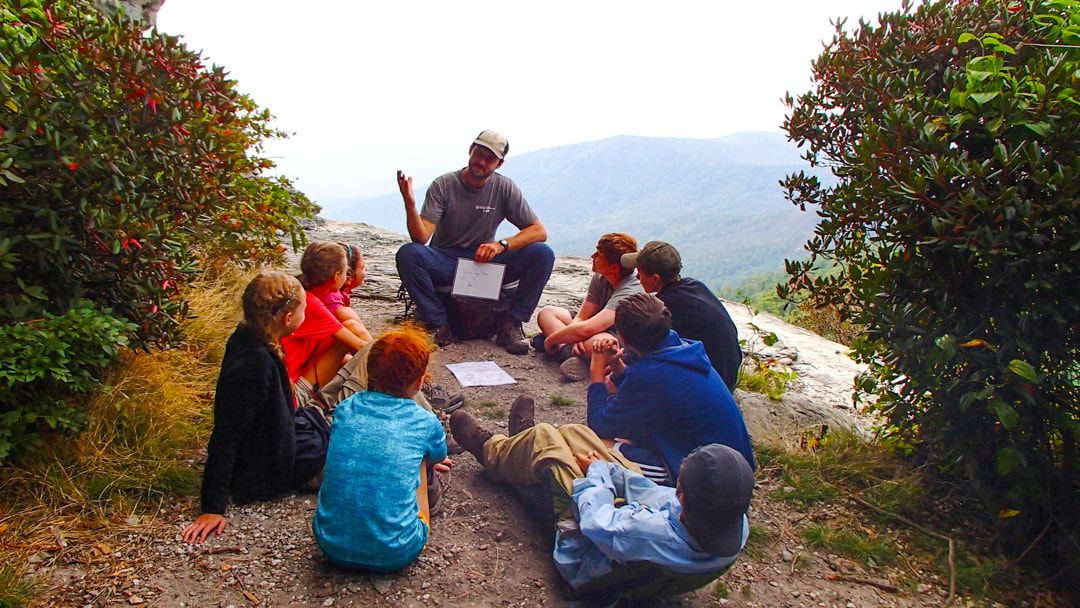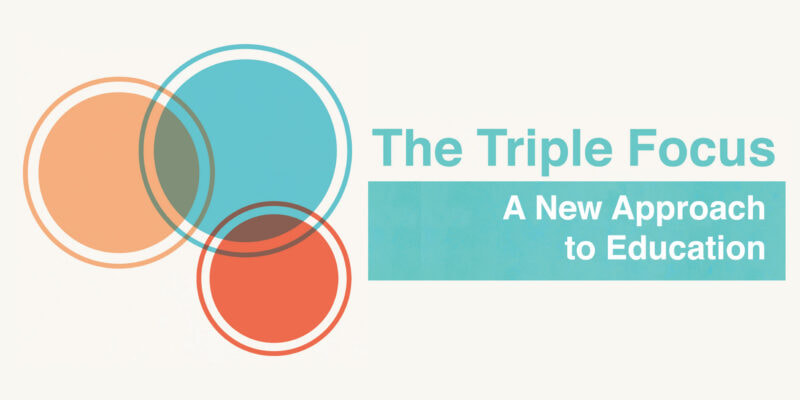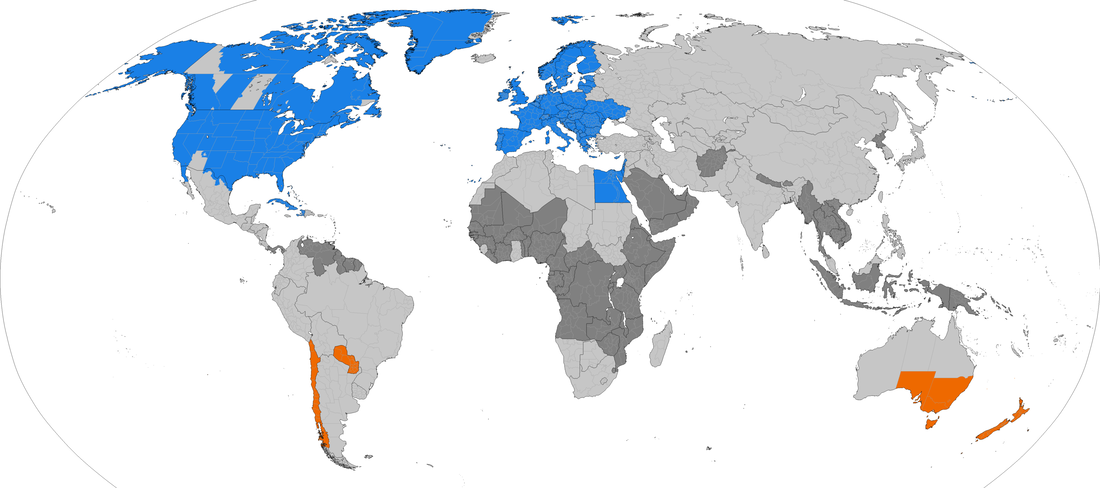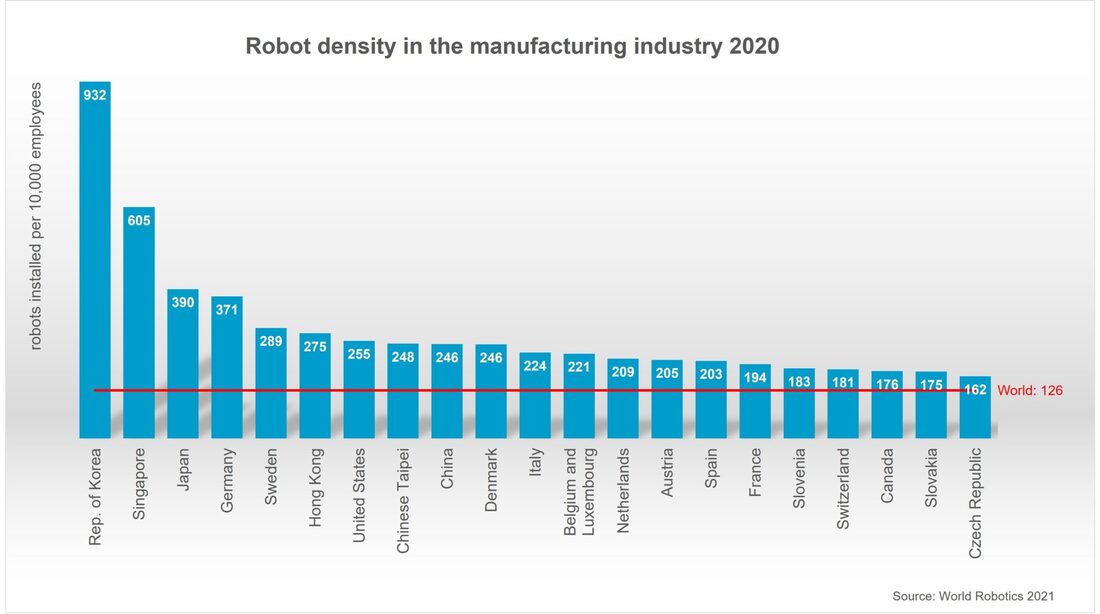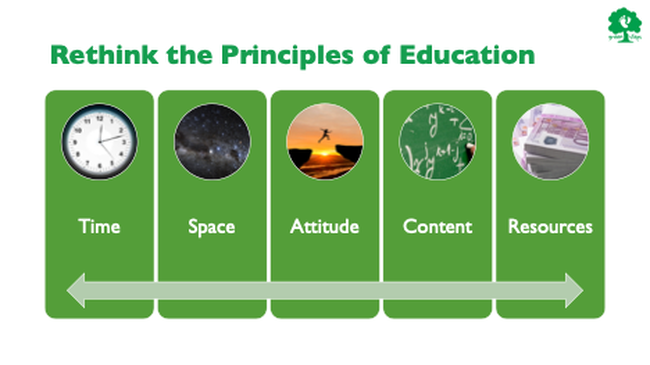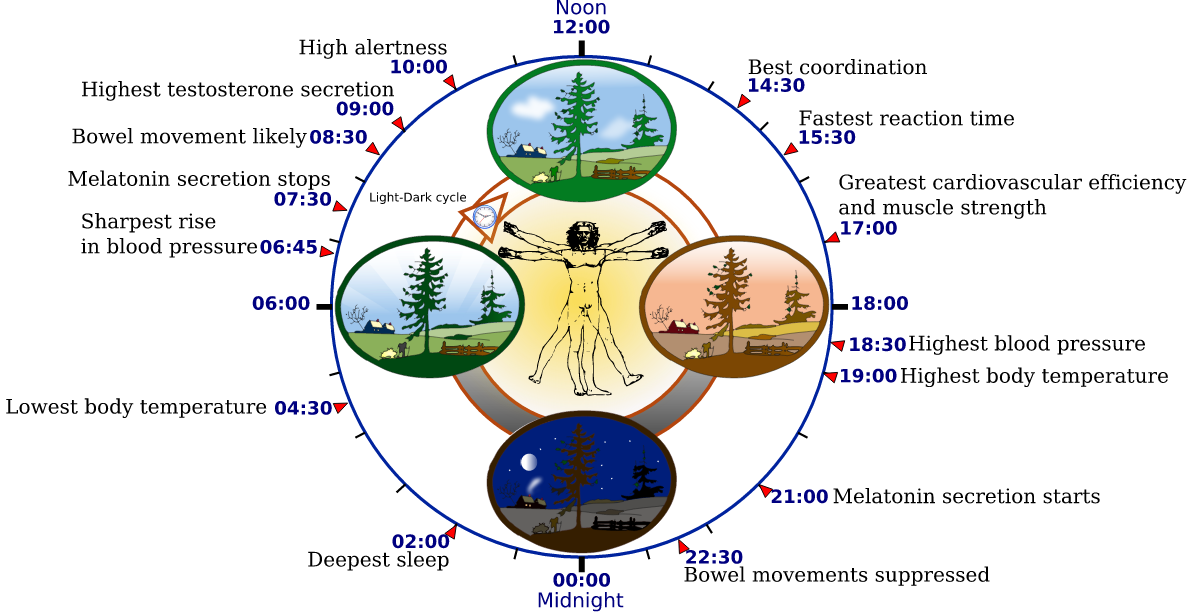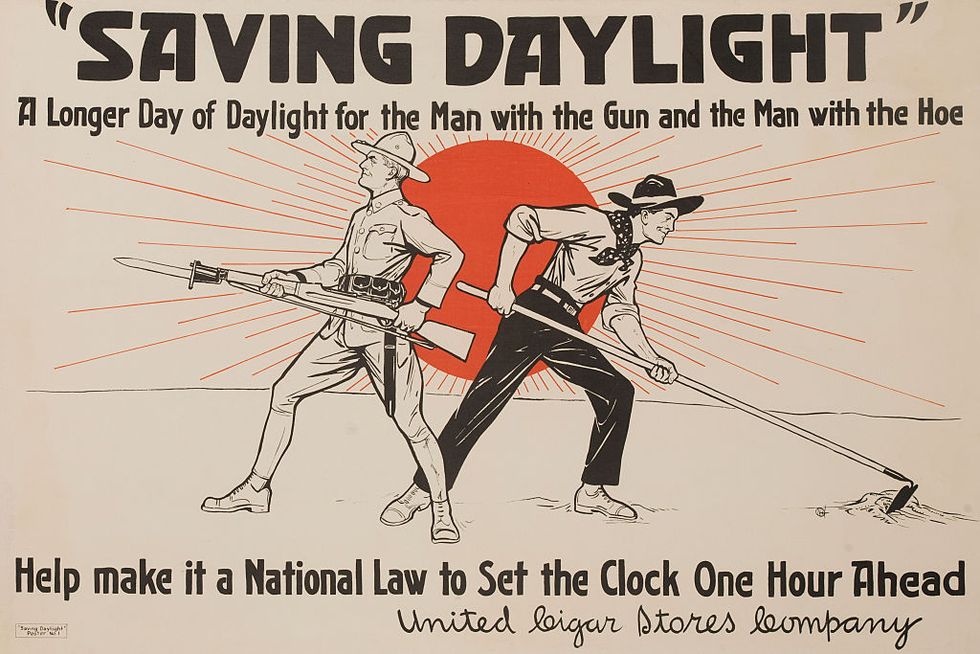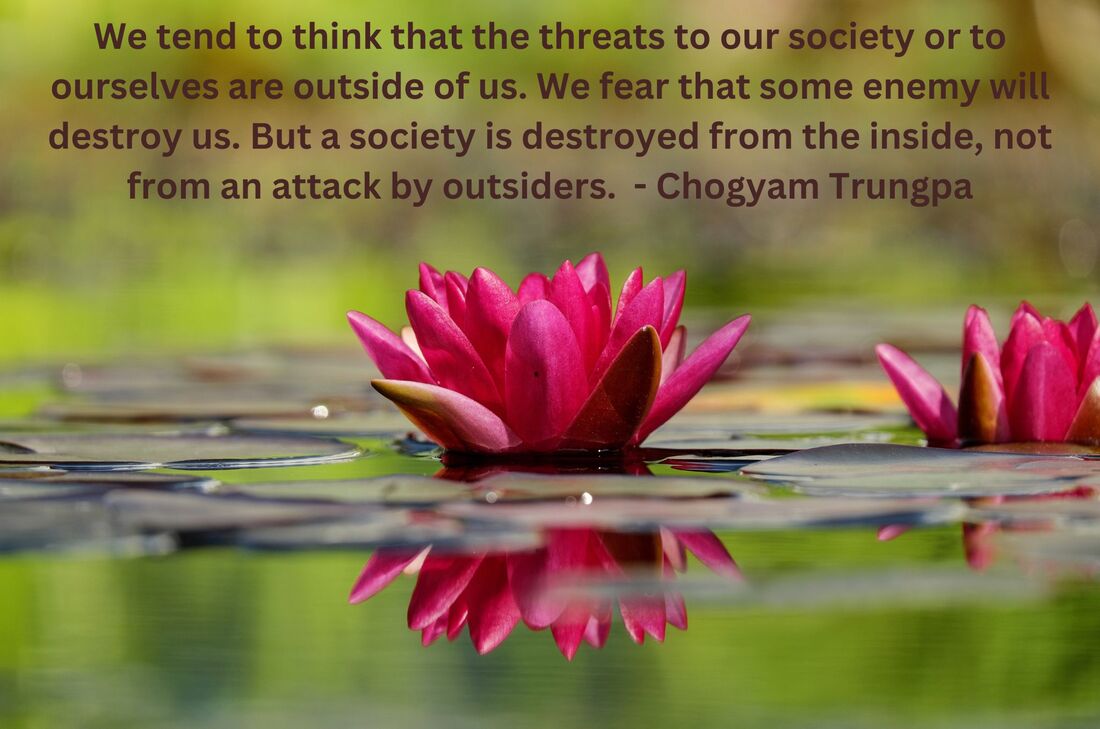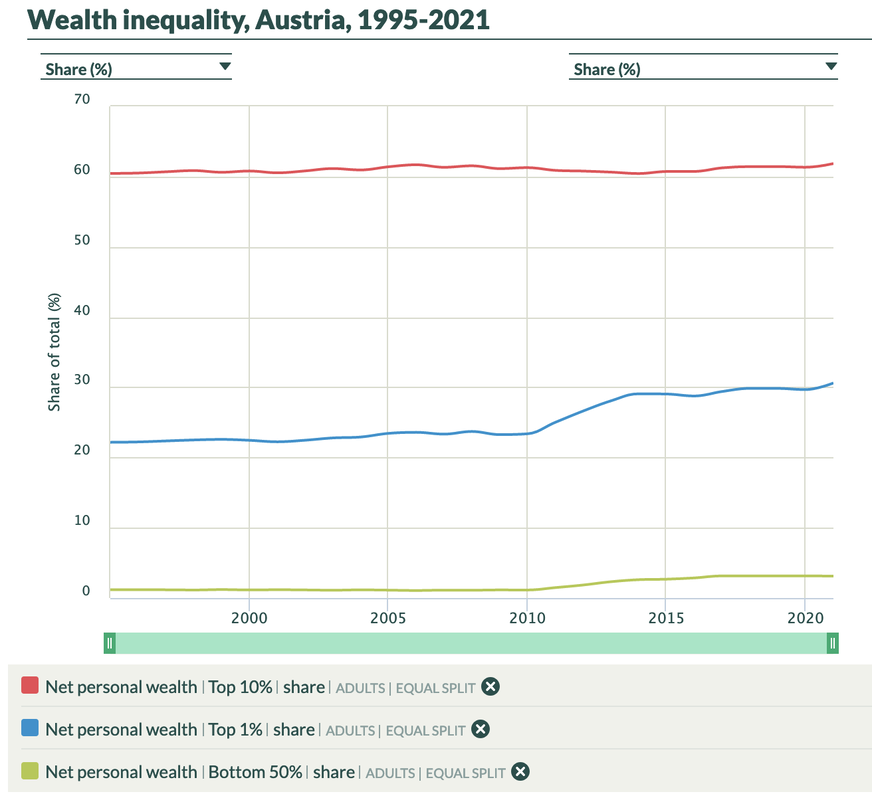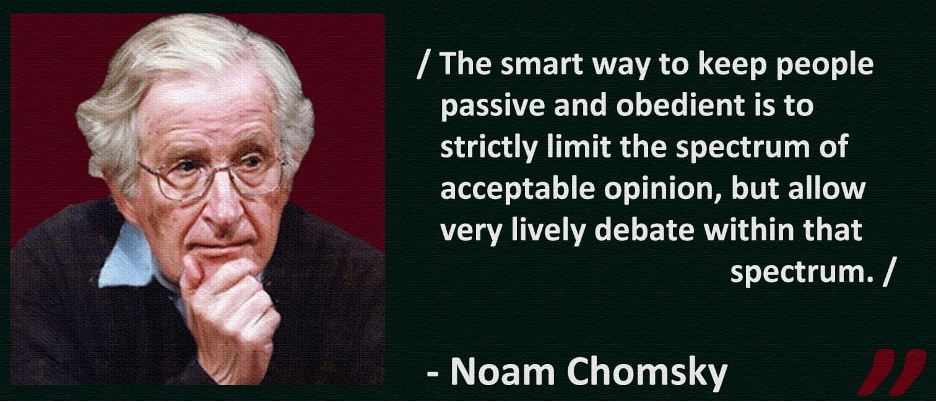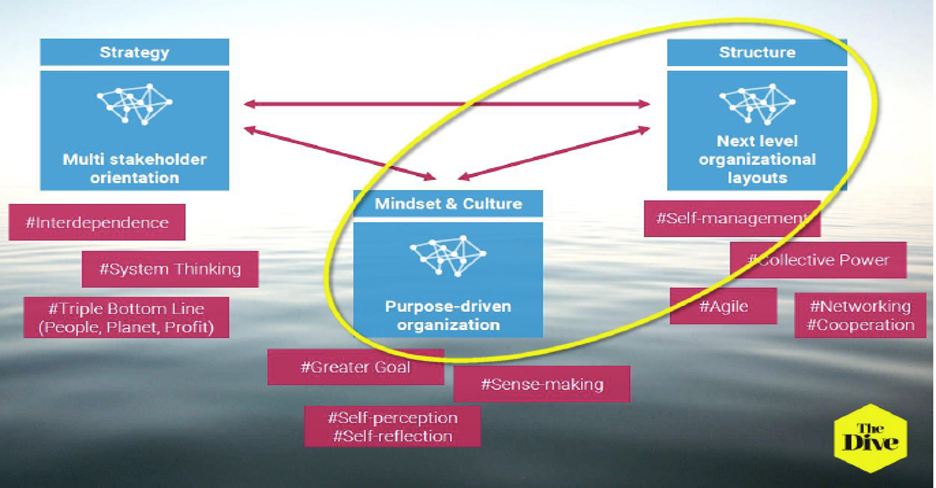From David Sobel: Place-Based Education - Connecting Classroom with Communities (The Orion Societey, 2nd edition 2013).
Notes:
- We need teachers and above all headmasters who are ecologically literate. Ecological literacy of school management is currently the most serious obstacle in the sustainable education of the next generation. Headmasters who don't understand the value of place-based education, won't make the effort to implement new pathways of teaching and continue to execute the curriculum which they think has worked so far.
- Making it easy for teachers and understandable for school management why place-based or bioregional education must override state-mandated curricula and high-stakes tests, which put everyone on the same page and discourage attention to significant nearby learning opportunities, is currently the most important task at hand. The more teachers and headmasters understand the necessity of place-based education and easier it is made for them to implement it, the faster we will manage a genuine transformation of our education systems.
- If we want to save the next generations from the 6th mass extinction, we need to spread educational biodiversity which currently falls prey to the bulldozers of standardization. Most schools continue to hover like alien spacecrafts, luring children away from their home communities and the places where they could make a difference.
